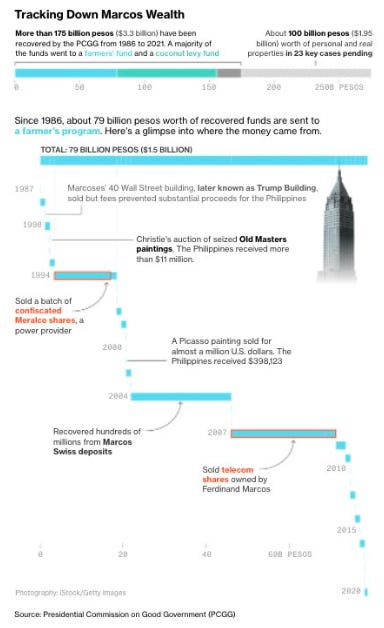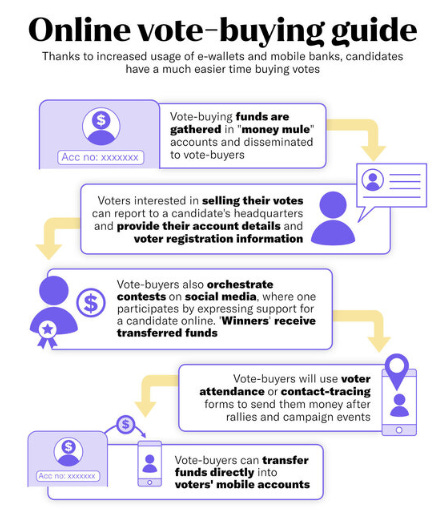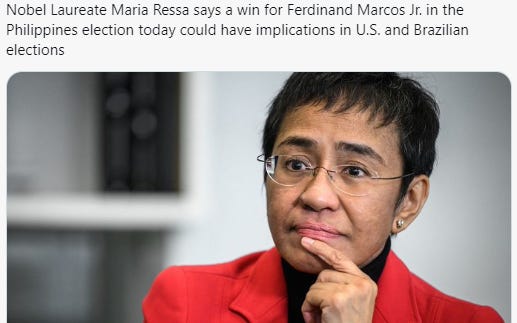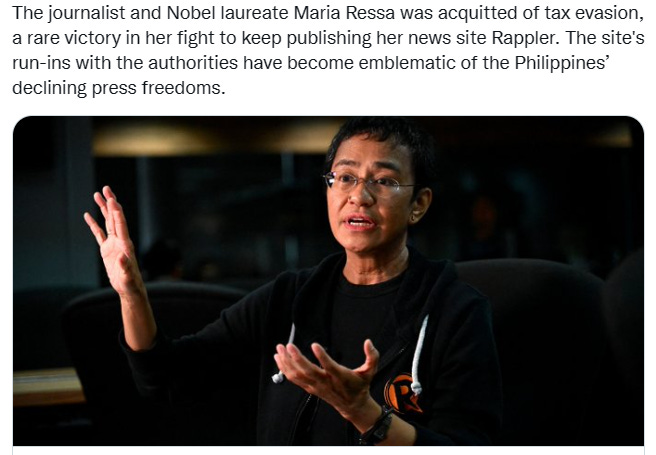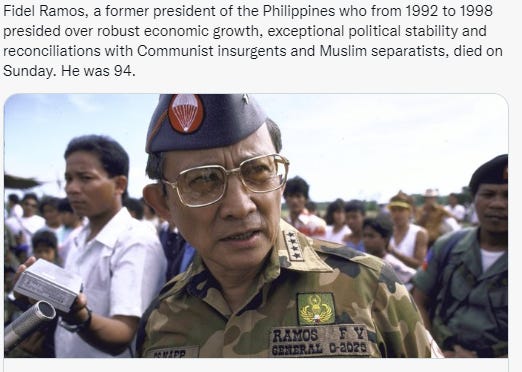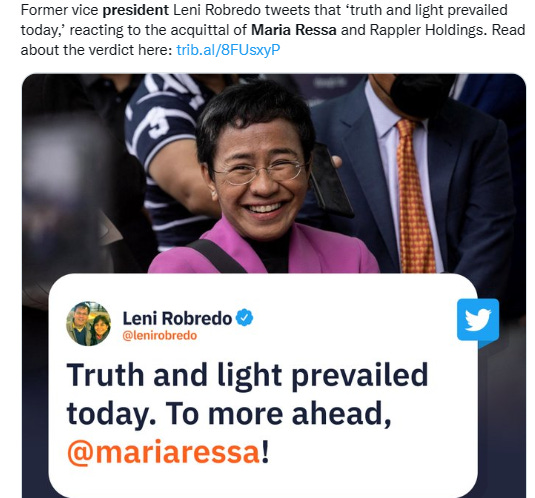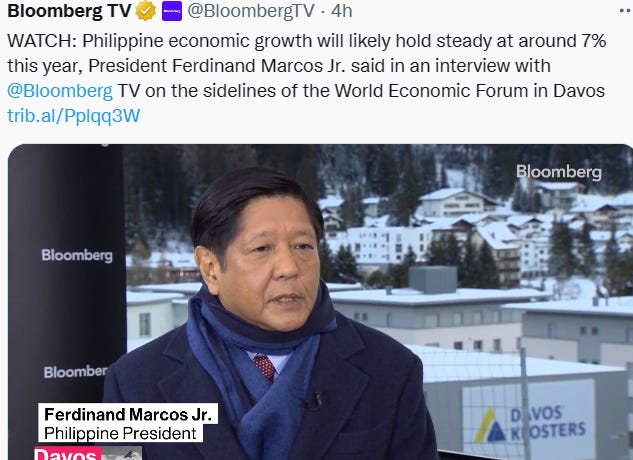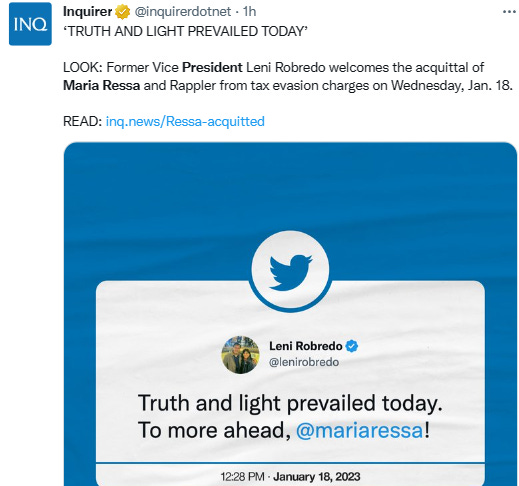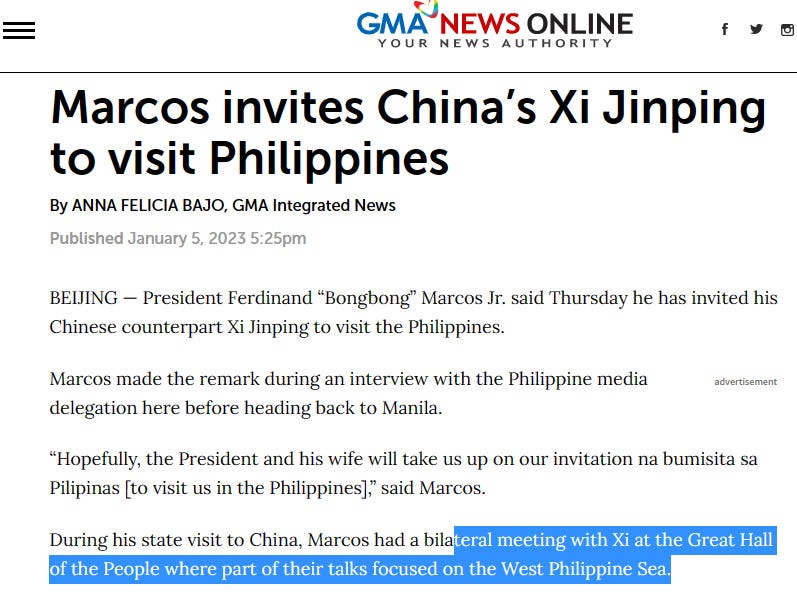Most developed countries arguably only match with the President or Prime Minister populist-style. But charismatic leadership can be problematic even when it takes a benign form.
The Savior-Madonna-like status of Maria Corazon "Cory" Sumulong Cojuangco-Aquino CCLH in the Philippines or Megawati in Indonesia was inspiring in the heady days of People Power (Philippines) and inspiring promise of “Reformasi”, but did little to bolster the institutions of a secular democracy. Both Cory & Megawati are the first ever female President.
But Cory failed to get a longer year in her seat. Megawati lasted only 2 year in Palace because losing in 2004 Indonesia election (only 18,7% for legislative election; only 39,4% on Presidential Election), contrary 5 years before (1999), winning her political party (PDIP), gain 33% votes. In Poland, once the battle against Communism was won, the Solidarity movement was soon sundered by conflicts between secular democrats and believers who looked to the Church for guidance. A young pro-democracy Viktor Orbán in Hungary on 90s, now is one of Putin's staunchest allies, beside Xi Jinping.
I try to focus on Indonesia (278 million) & Philippines (108 million). Both countries, decades ago had an “ultra corrupt” regime: Soeharto and Marcos. For comparison, in peak (corrupt) performance in 1997, Soeharto Inc arguably seized 40 billion dollars, when Indonesia PDB 1997 (with 1560 million population) only 80 billion dollars, and in 1998, IMF calculated the total debt of Indonesia government reached 160 billion dollars. Ferdinand Marcos arguably racked up US$10-15 billion dollars. But his wife, Imelda, with Marie-Antoinette's lavish lifestyle, has at least 888 handbags, and ten-thousand shoes.
In logic, with mammoth sinful corruption, no one Soeharto clan or Marcos clan will be in politics again. But Prabowo, ex Soeharto’s son-in-law, has competed in the Presidential Election race since 2009. After 3 elections failure, for the next election (2024 Indonesia Election) is the final opportunity, and amid internal clash in Prabowo’s rival (Golkar internal clash; PDIP Ganjar side vs Puan side), Prabowo has a very big chance to be the next Indonesia President. Even, youngest son of Soeharto, Hutomo Mandala Putra, created a new political party in 2019. Another illogical, BongBong Marcos may win the Presidential Election on May 9th, 2 days from now.
Sons (like Hutomo; Bongbong) should not be held responsible for the sins of their fathers. But the mammoth corruption from (both) father really painful.
We in developed countries longing for Good Governance. But why, in the case of Indonesia and the Philippines, does the public arguably forget about massive corruption decades ago? Problem with patience on (gradually) creating a clean government, then, elected officials to be greedy, same greedy like Soeharto and Marcos clan?
Maybe Indonesia “slightly luck” compares with the Philippines in some issues: no one President after Soeharto gets arrested or accused of corruption. Estrada and Arroyo get jailed for bribery. Only Fidel Valdez Ramos (updated July 31th: RIP, Sir Fidel, July 31th 2022) in Manila, and Habibie, Megawati, Abdurrahman Wahid, and Susilo Bambang Yudhoyono in Jakarta, ex-Presidents from both countries who are not involved in corruption cases. I’m not surprised if 1-2 years from now Duterte gets arrested, whether in a case about the brutality of his regime, or bribery (again) like Estrada and Arroyo.
Estrada literally defined plunder: as a senator in the early 1990’s, he was a member of the congress that crafted the law under which he was convicted. For many Filipinos, there is more than enough poetry in this fact, and certainly more irony than Estrada’s action-comedy movies of the 1960’s ever mustered. There is no underplaying the significance of the court’s unanimous decision to convict the first Philippine president ever to undergo a criminal trial (then Arroyo jailed too).
This is, after all, the Philippines, where Imelda Marcos is still living free and easy. Despite massive evidence of the widespread death, poverty, suffering, and dysfunction she and her late husband, the dictator Ferdinand Marcos, inflicted on the Philippines, the only real disappointment she has subsequently endured has been losing the last presidential election she was allowed to contest.
After the big failure on “waf of narcotics” by Duterte, Bong Bong was tricky to uphold his father's contribution to the Philippines economy. With that comes a troubling selective memory. Bong Bong Marcos refers to the high growth rates of the early 1970s and perceptions of low crime — but not the crumbling mid-1980s, high external debt, import restrictions and unemployment. He has repeatedly failed to acknowledge the brutal side of a regime that, according to Amnesty International, imprisoned some 90,000 people during the nine years of martial law, tortured 3,000 and killed over 3,000. “Will I say sorry for the thousands and thousands of kilometers [of roads] that were built?” Marcos asked in 2015. “What am I to say sorry about?”
All of this thrives on fertile terrain, given that so few Filipinos, especially outside Manila, feel like democracy has brought much economic or political change. Similar families are in charge. Society remains deeply unequal, and is now also bruised by a pandemic that battered livelihoods and punished the youngest, kept out of in-person school for virtually two years. More reason, of course, to look forward to a leader who can guarantee openness and, with a coherent vision, bring investment and positive economic change. Filipinos are choosing to look backward instead.
Please don't laugh earlier, Indonesia. 2024 only 2 years from now, to decide the same backward as in the Philippines.




